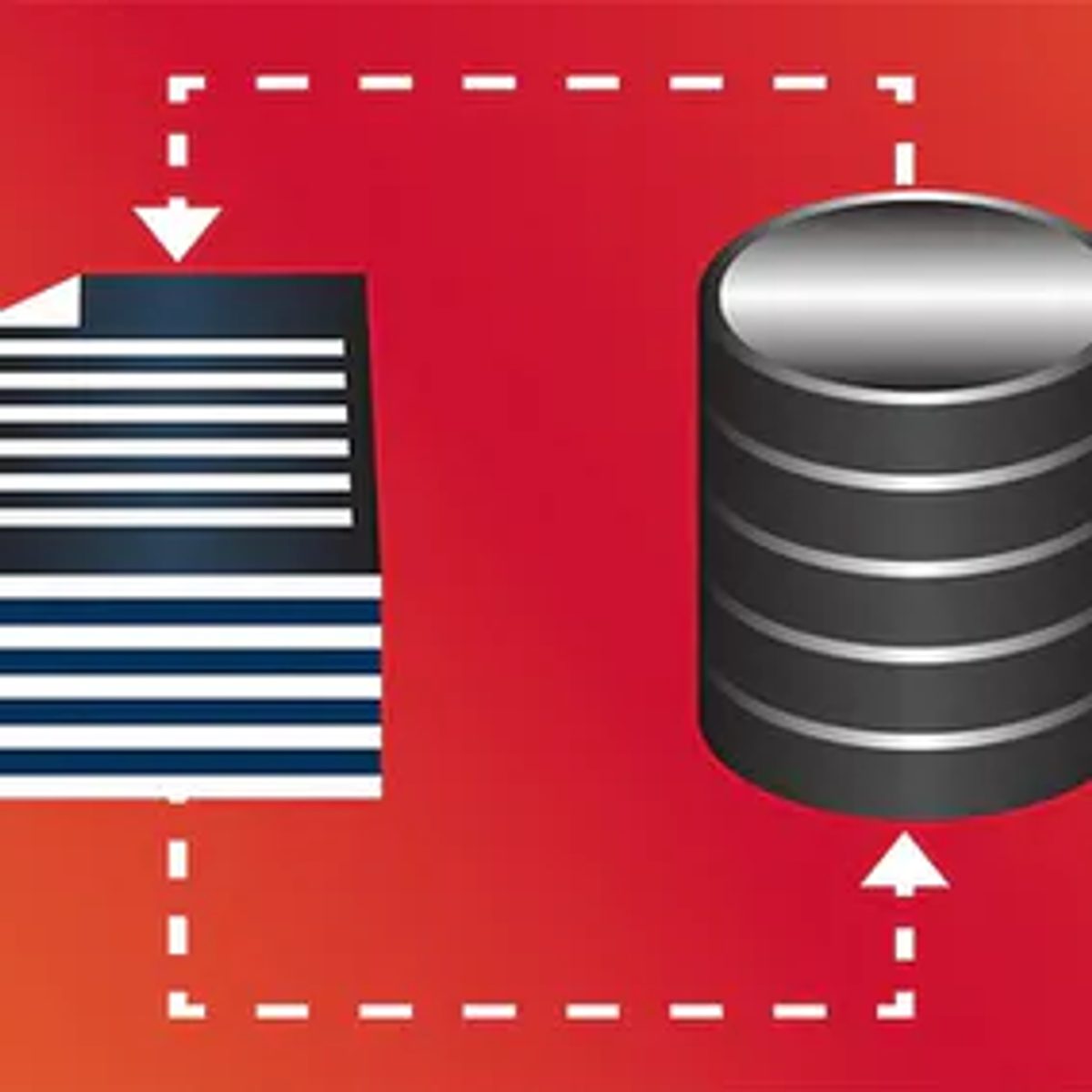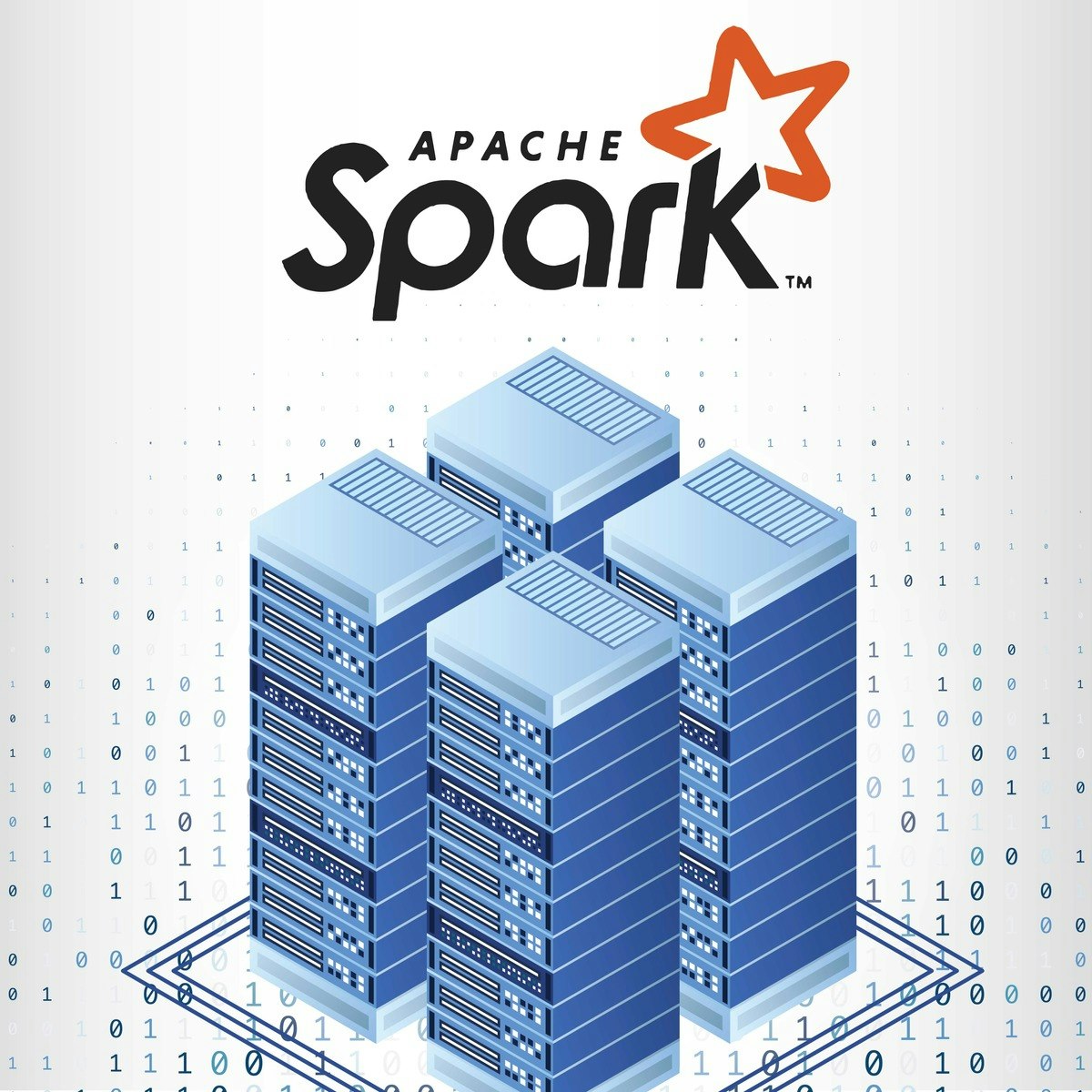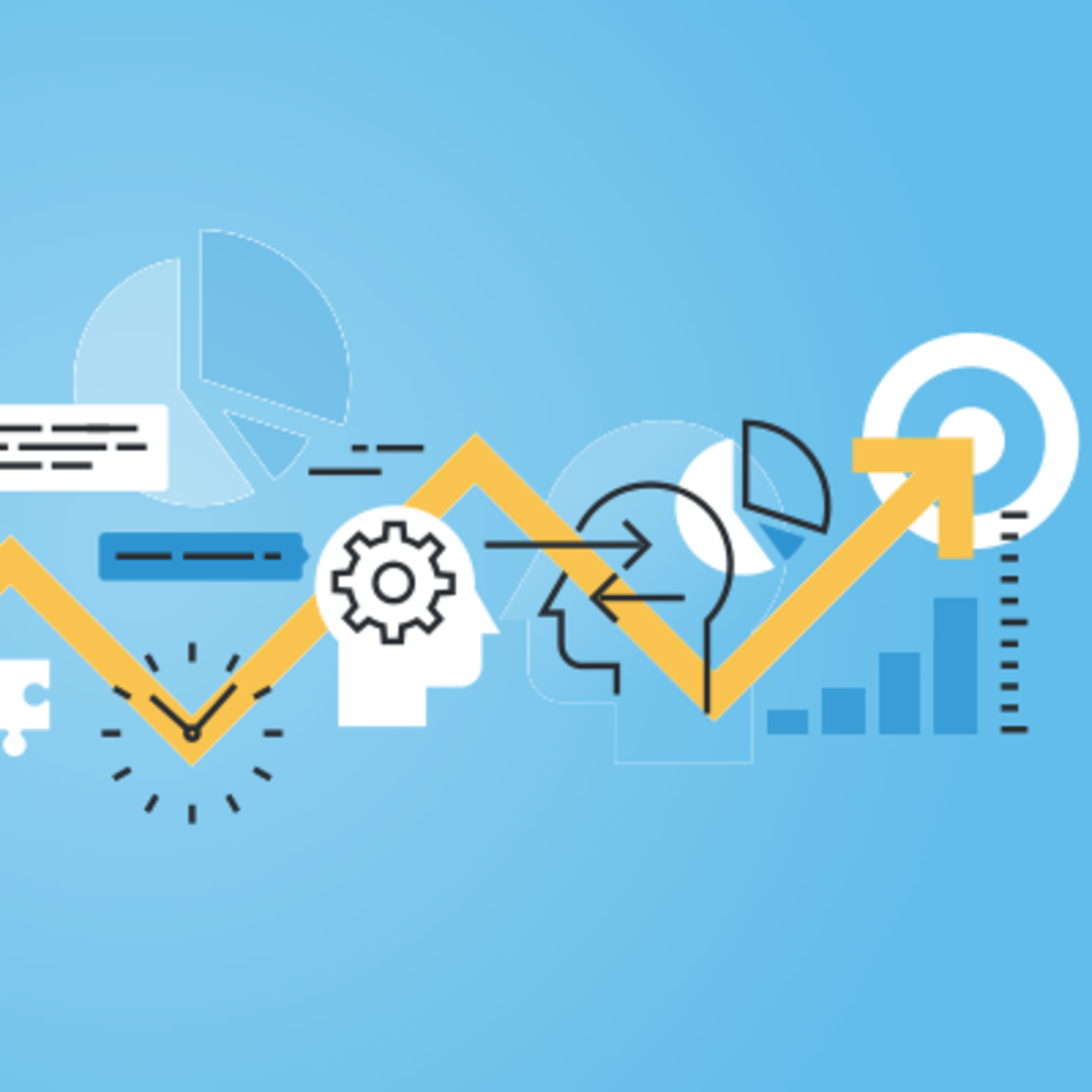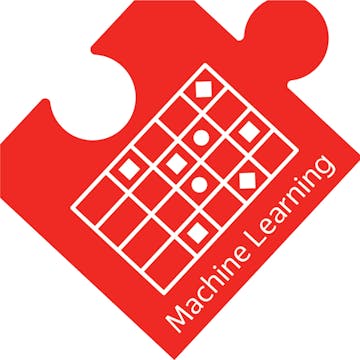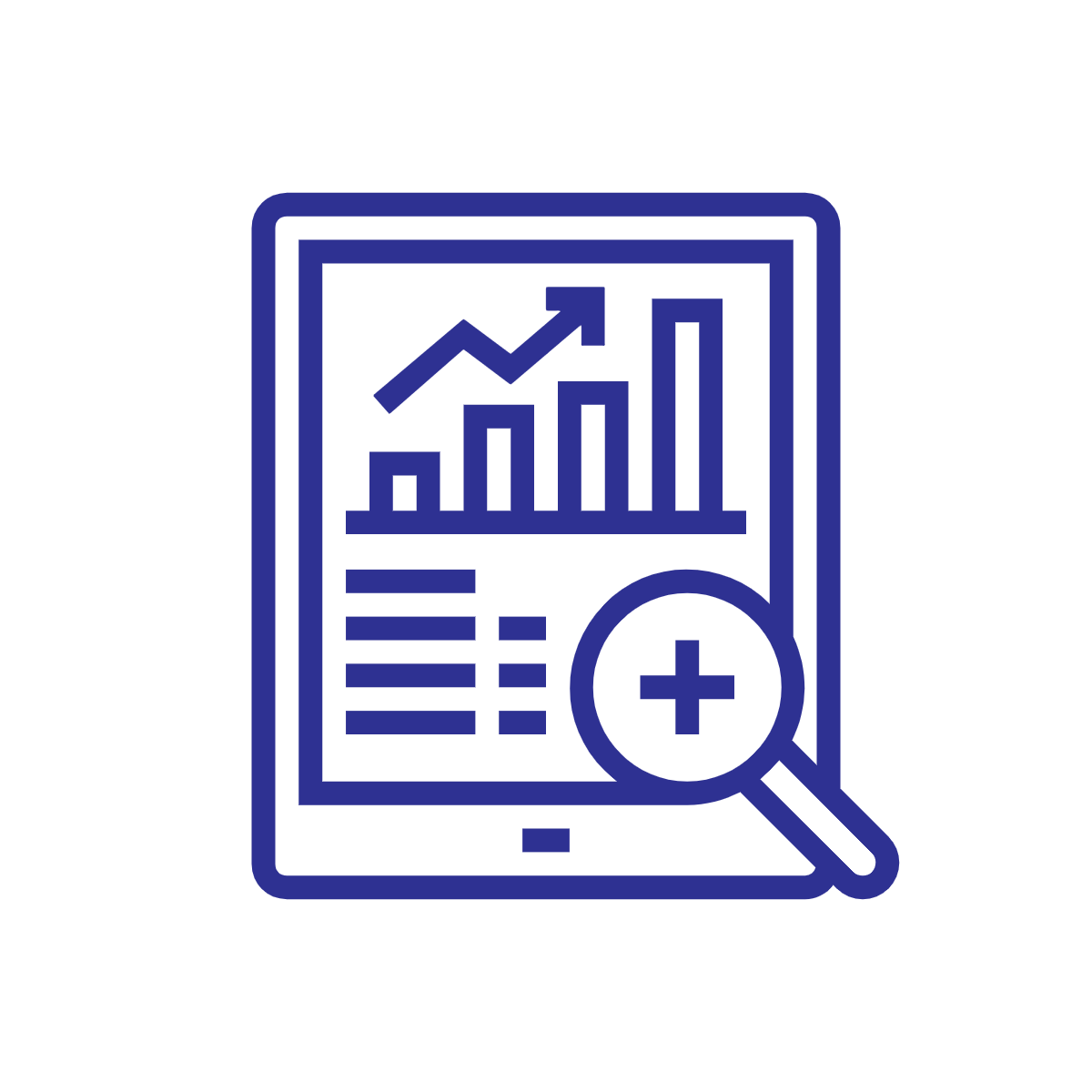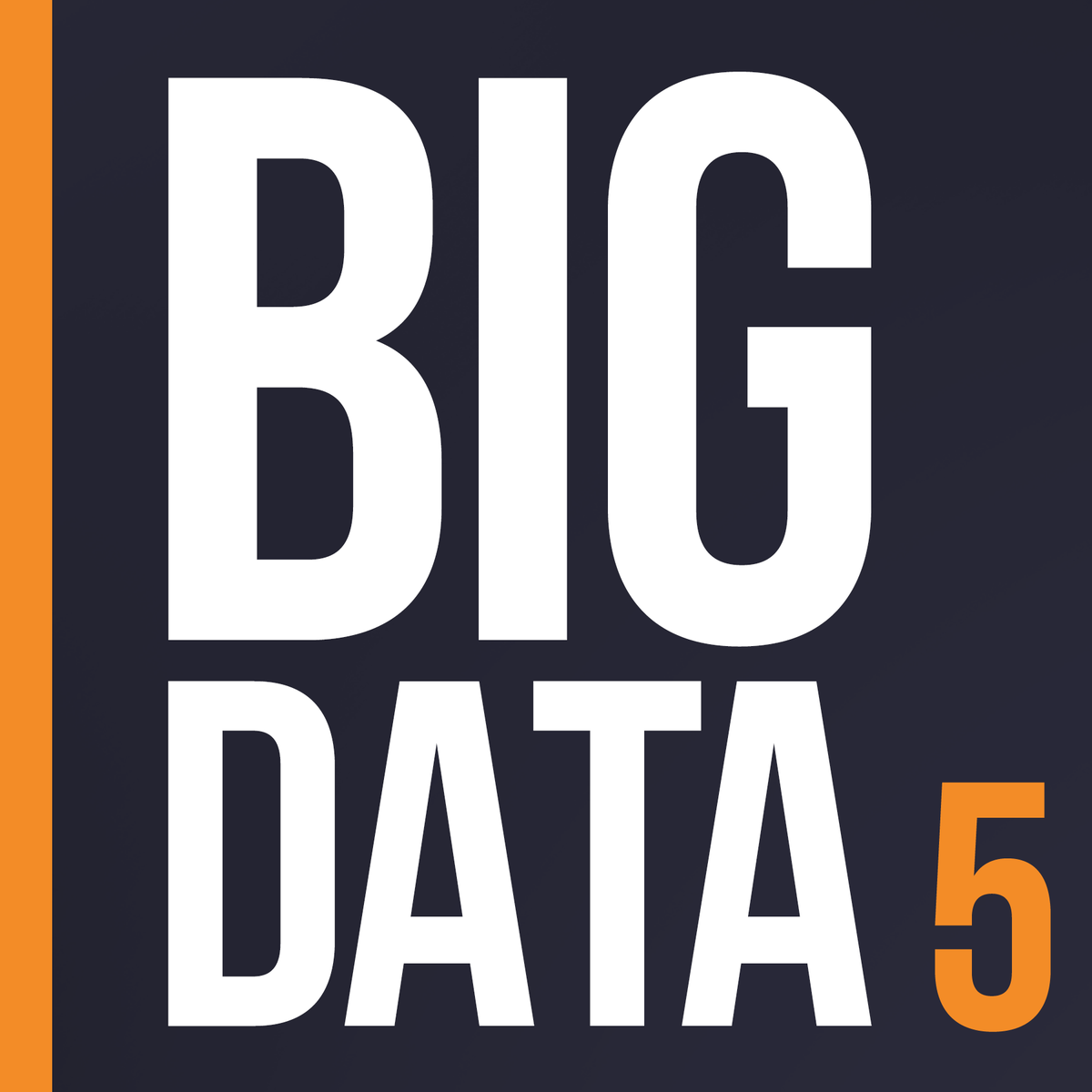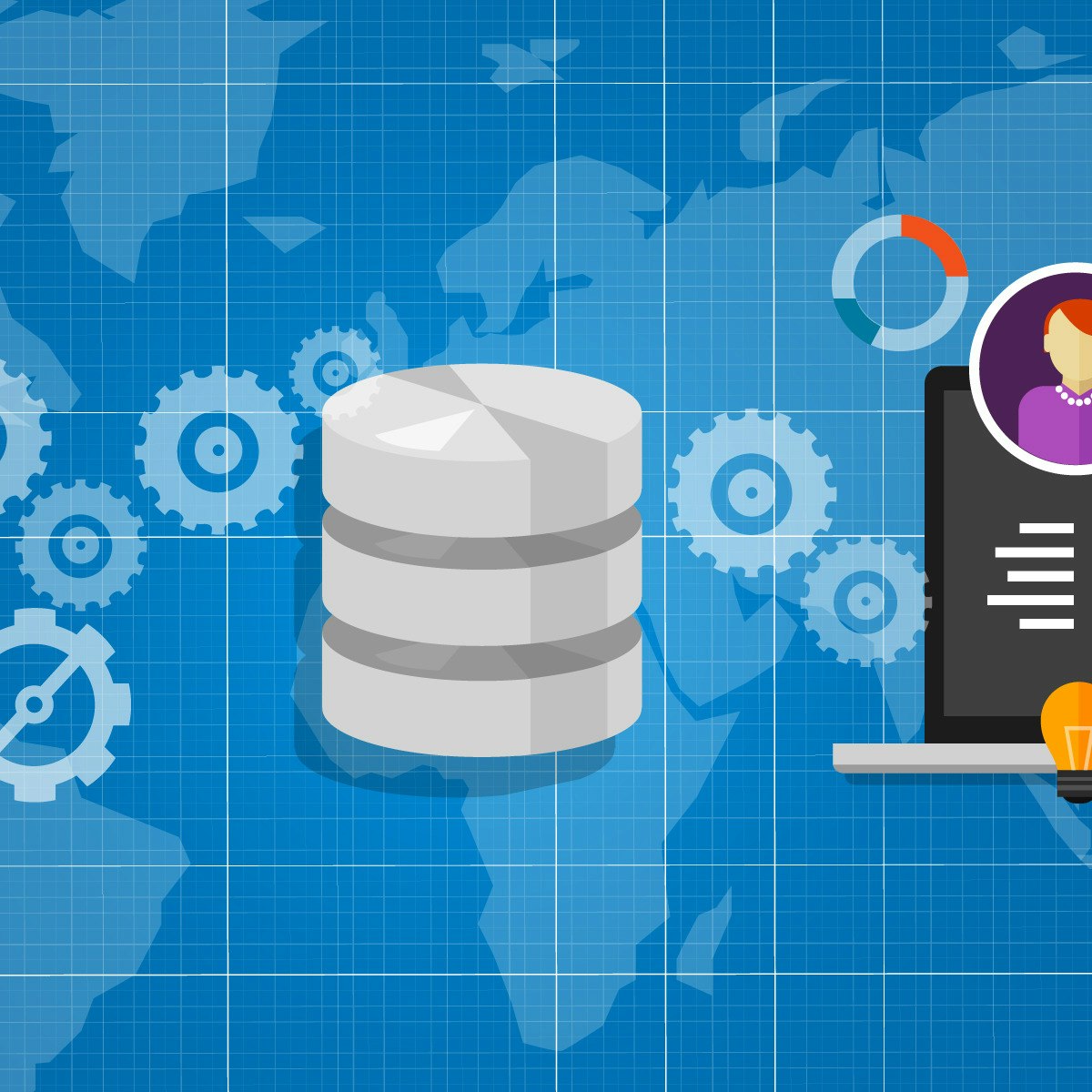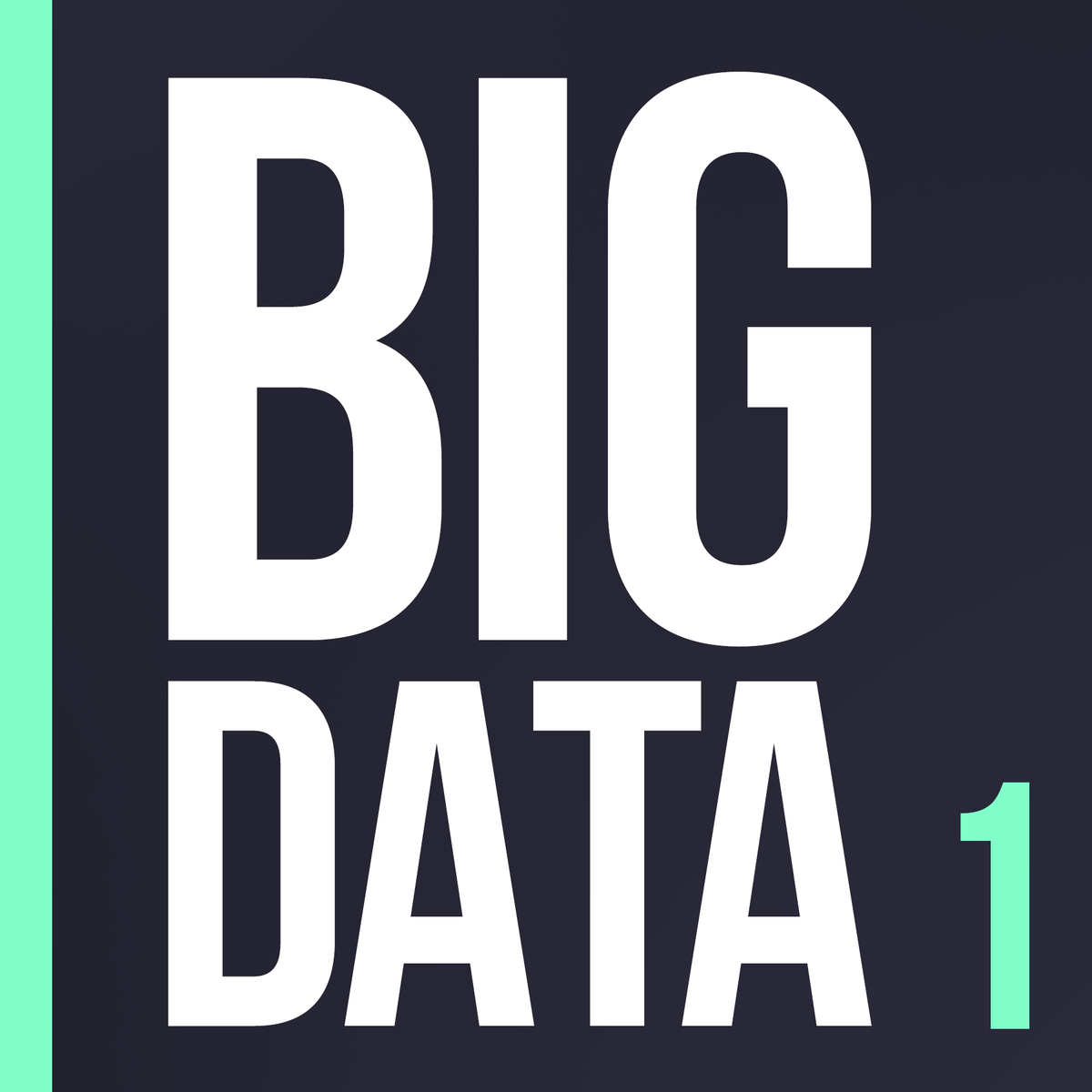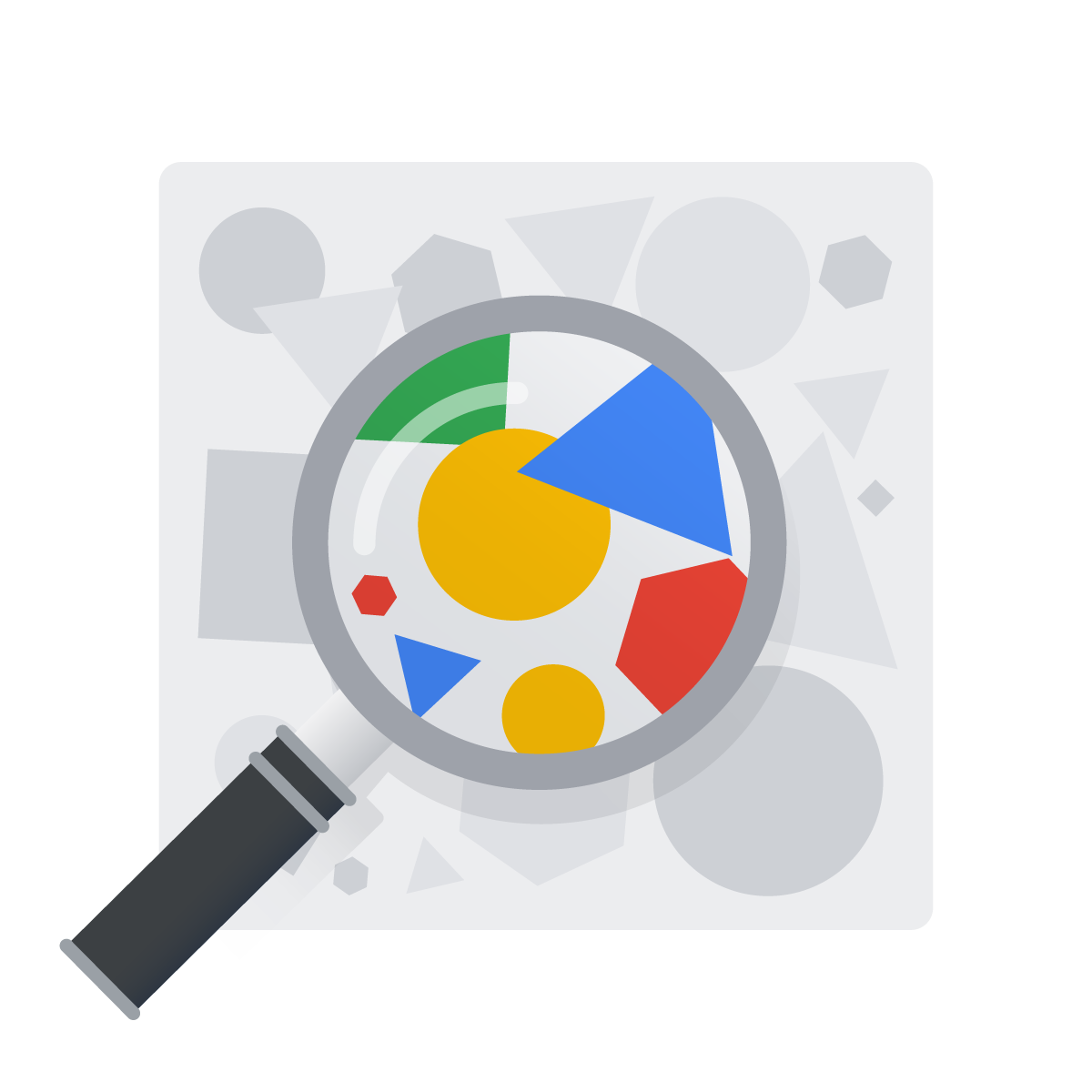Big Data Analyst
Understanding the Role of a Big Data Analyst
A Big Data Analyst is a professional who collects, processes, and performs statistical analyses on large datasets. They translate complex data into actionable insights that organizations can use to make informed decisions. Think of them as detectives for data, uncovering patterns, trends, and correlations hidden within vast amounts of information that traditional methods struggle to handle.
The role involves not just technical skill but also a keen sense of business context. Analysts bridge the gap between raw data and strategic action. They might explore customer behavior, optimize operational efficiency, or identify new market opportunities. The insights they provide help companies improve products, target marketing efforts more effectively, and gain a competitive edge in today's increasingly data-driven world.
For those intrigued by solving puzzles and finding meaning in numbers, a career as a Big Data Analyst can be quite engaging. You get to work with cutting-edge technologies and tackle complex challenges across diverse industries. The thrill comes from discovering something new within the data that can significantly impact a business's direction or success.
Key Responsibilities of a Big Data Analyst
Understanding the day-to-day tasks of a Big Data Analyst provides a clearer picture of the role. These responsibilities span the entire data lifecycle, from initial collection to final reporting, requiring a blend of technical expertise and analytical thinking.
Data Handling: Collection, Cleaning, and Preprocessing
A significant part of a Big Data Analyst's job involves preparing data for analysis. This starts with identifying and gathering data from various sources, which might include databases, log files, APIs, or external datasets. The data collected is often raw, messy, and inconsistent.
Therefore, cleaning and preprocessing are crucial steps. Analysts spend considerable time transforming data into a usable format. This includes handling missing values, correcting errors, removing duplicates, and structuring the data appropriately. Ensuring data quality is paramount for reliable analysis.
These initial steps form the foundation for any meaningful analysis. Without clean and well-structured data, the insights derived could be flawed, leading to poor decision-making. This meticulous work ensures the integrity of the subsequent analytical processes.
Analysis and Modeling: Finding the Story in the Data
Once the data is prepared, the core analytical work begins. Big Data Analysts apply statistical methods and use specialized software to explore the data. They look for patterns, trends, correlations, and anomalies that might reveal important information.
This often involves using techniques ranging from basic descriptive statistics to more advanced methods like predictive modeling. While deep machine learning expertise is often associated more with Data Scientists, analysts may use fundamental machine learning concepts to build models for forecasting or classification.
The goal is to move beyond simply describing the data (what happened) to understanding why it happened and potentially predicting what might happen next. This requires strong analytical skills and a curious mindset to probe the data effectively.
These courses offer foundational knowledge in statistics and data exploration, crucial for analysis.
Understanding the principles behind data analysis is essential. These books provide comprehensive coverage of data mining and statistical learning.
Communicating Insights: Turning Data into Decisions
Analysis is only valuable if its findings are communicated effectively. Big Data Analysts must translate complex technical results into clear, concise recommendations that business stakeholders can understand and act upon.
This involves creating reports, dashboards, and presentations using data visualization tools. Visualizations like charts and graphs make patterns and trends easier to grasp than raw numbers alone. Strong communication and presentation skills are therefore essential.
Analysts need to tailor their communication style to different audiences, from technical peers to non-technical executives. They explain not just the findings, but also their implications and potential impact on business strategy.
These resources can help develop skills in visualizing and presenting data effectively.
Collaboration: Working Across Teams
Big Data Analysts rarely work in isolation. They often collaborate closely with various teams, including data engineers, data scientists, software developers, marketing specialists, and business leaders. Understanding the needs and perspectives of different departments is crucial.
They might work with data engineers to ensure data pipelines are efficient and reliable, or with marketing teams to analyze campaign performance. Collaboration helps align data analysis goals with broader business objectives.
Effective teamwork and communication skills are necessary to navigate these cross-functional interactions successfully. Analysts need to understand business problems from different angles and contribute data-driven perspectives to team projects.
Essential Technical Skills for Big Data Analysts
A career as a Big Data Analyst demands a strong foundation in specific technical skills. Mastering these tools and languages allows analysts to effectively manipulate, analyze, and interpret large datasets.
Programming Languages: The Analyst's Toolkit
Proficiency in certain programming languages is fundamental. SQL (Structured Query Language) is almost universally required, as it's the standard language for interacting with relational databases, enabling data retrieval, manipulation, and management.
Beyond SQL, languages like Python and R are industry standards for statistical computing and data analysis. Python, with libraries like Pandas, NumPy, and Scikit-learn, is versatile for data manipulation, analysis, and machine learning. R is particularly strong in statistical modeling and visualization.
While not always required, familiarity with other languages like Java or Scala can be beneficial, especially when working closely with big data frameworks like Spark.
These courses provide introductions to key programming languages used in data analysis.
Big Data Frameworks: Handling Scale
Dealing with "big" data often requires specialized frameworks designed for distributed computing. Apache Hadoop is a foundational ecosystem that includes HDFS (Hadoop Distributed File System) for storage and MapReduce for processing.
Apache Spark has become increasingly popular due to its speed and versatility. It offers APIs for various languages (including Python, R, Scala, and Java) and supports batch processing, real-time streaming, machine learning, and graph analytics.
Understanding the concepts behind these frameworks and how to use them allows analysts to process datasets that are too large or complex for single machines. Familiarity with cloud-based big data platforms like AWS EMR, Google Dataproc, or Azure HDInsight is also highly valuable.
These courses cover essential Big Data frameworks like Hadoop and Spark.
These books offer in-depth knowledge of Hadoop and Spark, key technologies in the Big Data landscape.
Machine Learning Fundamentals
While Data Scientists typically focus more deeply on machine learning (ML), a foundational understanding is increasingly beneficial for Big Data Analysts. This includes familiarity with core concepts like supervised and unsupervised learning, common algorithms (e.g., regression, classification, clustering), and model evaluation techniques.
Knowing ML basics allows analysts to perform more sophisticated predictive analyses and collaborate more effectively with data science teams. According to recent research, machine learning skills are becoming more sought after even for analyst roles [17].
Analysts might use ML libraries available in Python (Scikit-learn) or R, or leverage ML capabilities within platforms like Spark MLlib. Even a basic grasp enhances an analyst's toolkit significantly.
These resources provide introductions to machine learning, a valuable skill for analysts.
This book provides a comprehensive overview of machine learning concepts and applications.
Data Visualization Tools
Presenting data effectively is crucial. Proficiency with data visualization tools like Tableau, Power BI, or Qlik Sense allows analysts to create compelling dashboards and reports.
These tools enable interactive exploration of data and help communicate complex findings to non-technical audiences. Analysts use them to build visual narratives that highlight key insights and support business recommendations.
Beyond dedicated tools, analysts often use visualization libraries within Python (e.g., Matplotlib, Seaborn, Plotly) or R (e.g., ggplot2) for more customized or integrated visualizations within their analysis workflows.
Formal Education Pathways
Pursuing a career as a Big Data Analyst often begins with formal education. Specific academic backgrounds provide the necessary theoretical knowledge and quantitative skills essential for the role.
Undergraduate Degrees
A bachelor's degree is typically the minimum educational requirement. Common fields of study include Computer Science, Statistics, Mathematics, Economics, or related quantitative disciplines. These programs provide foundational knowledge in programming, statistical analysis, algorithms, and data structures.
Some universities now offer specific undergraduate degrees or specializations in Data Science or Data Analytics, directly equipping students with relevant skills like database management, machine learning basics, and data visualization.
Regardless of the major, coursework emphasizing quantitative reasoning, programming, and statistical methods is highly beneficial for aspiring analysts.
This course provides an introduction to programming using MATLAB, often used in academic settings.
A strong foundation in computer science is invaluable for understanding data structures and algorithms.
Graduate Programs
While not always mandatory, a master's degree can provide a significant advantage, especially for those seeking more advanced roles or transitioning from less quantitative fields. Master's programs in Data Science, Business Analytics, Statistics, or Computer Science offer specialized training.
These programs delve deeper into advanced statistical modeling, machine learning algorithms, big data technologies (like Hadoop and Spark), and data management techniques. They often include project work or internships, providing practical experience.
A graduate degree can accelerate career progression and open doors to roles with greater responsibility and potentially higher compensation [39]. It signals a deeper level of expertise to employers.
Advanced degrees often involve rigorous mathematical and computational methods.
PhD Research Opportunities
For those interested in pushing the boundaries of data analysis, pursuing a PhD offers the opportunity to conduct cutting-edge research. PhD programs in Computer Science, Statistics, or specialized Data Science fields allow deep exploration of theoretical concepts and development of novel methodologies.
Research areas might include developing new algorithms for analyzing massive datasets, improving machine learning models, addressing ethical challenges in AI, or applying big data techniques to specific domains like healthcare or finance.
While a PhD is more commonly associated with Data Scientist or Research Scientist roles [18], the advanced analytical and problem-solving skills gained are highly valuable and can lead to leadership positions in analytics.
Certifications to Complement Education
Professional certifications can enhance a resume and demonstrate proficiency in specific tools or platforms. Certifications related to SQL, Python, specific cloud platforms (AWS, Azure, GCP), data visualization tools (Tableau, Power BI), or big data technologies (like Cloudera or Databricks certifications) are common.
While certifications don't replace formal education or hands-on experience, they can be valuable for showcasing specific skills, especially for entry-level candidates or career changers. They signal a commitment to continuous learning and staying current with industry technologies.
Many online platforms offer certification programs, allowing flexible learning options alongside formal studies or full-time work. Choosing reputable certifications aligned with career goals is key.
Self-Directed and Online Learning Strategies
Formal education isn't the only path into a Big Data Analyst career. Self-directed learning, particularly through online resources, offers a flexible and often more affordable route for acquiring the necessary skills, especially for career changers or those balancing learning with other commitments.
Building Foundational Knowledge Independently
A solid grasp of mathematics and statistics is crucial. Concepts like probability, linear algebra, calculus, and statistical inference underpin many data analysis techniques. Online courses, textbooks, and open educational resources can help build this foundation.
Similarly, learning programming basics, especially SQL and Python or R, can be done effectively through self-study. Numerous online platforms offer interactive tutorials and courses covering these essential languages from beginner to advanced levels.
Consistency and discipline are key when learning independently. Setting clear goals, following a structured learning plan, and regularly practicing concepts are vital for success.
These courses provide fundamental knowledge crucial for Big Data analysis.
Starting with foundational concepts is key. These books offer accessible introductions to Big Data.
Project-Based Learning and Portfolio Development
Theoretical knowledge needs practical application. Working on personal projects using real-world datasets is one of the best ways to solidify skills and demonstrate competence to potential employers.
Find datasets on platforms like Kaggle, government open data portals, or other public sources. Define a problem, collect and clean the data, perform analysis, visualize the findings, and document the process. This mirrors the workflow of a professional analyst.
Compile these projects into a portfolio, often hosted on platforms like GitHub or a personal website. A strong portfolio showcasing diverse projects and skills can be more compelling than credentials alone, especially for those without traditional experience [20].
This short course focuses on a specific project, offering practical experience.
Leveraging Online Courses and Resources
Online learning platforms like Coursera, edX, Udemy, and others offer a vast array of courses specifically designed for aspiring data analysts [4, 5]. These range from introductory modules to advanced specializations covering SQL, Python, R, statistics, machine learning, data visualization, and big data tools.
Many courses are offered by top universities and industry leaders like IBM, Google, and Microsoft, providing high-quality instruction. They often include hands-on labs, projects, and quizzes to reinforce learning. Some offer professional certificates upon completion.
OpenCourser helps learners find and compare thousands of these online courses, making it easier to select resources that fit individual learning styles, budgets, and career goals. Utilizing features like saved lists and summarized reviews can streamline the selection process.
These courses offer comprehensive introductions suitable for online learners.
Balancing Theory and Practice
Effective self-directed learning involves balancing theoretical understanding with practical experimentation. Don't just watch videos or read tutorials; actively code, run analyses, and try different approaches.
Engage with online communities, forums (like Stack Overflow or Reddit), and local meetups. Discussing problems, sharing solutions, and learning from others can significantly accelerate progress and provide valuable networking opportunities.
For career changers, remember that the journey requires patience and persistence. It's okay to find concepts challenging. Break down complex topics, celebrate small milestones, and focus on continuous improvement. The flexibility of online learning allows you to progress at your own pace.
Career Progression and Industry Demand
The field of Big Data Analytics offers significant career growth opportunities and is experiencing strong demand across various industries. Understanding the potential career trajectory and market landscape is important for anyone considering this path.
Typical Career Path
Many professionals start in roles like Data Analyst or Business Intelligence (BI) Analyst. These entry-level positions focus on collecting, cleaning, analyzing data, and creating reports, often using tools like Excel, SQL, and visualization software [10, 39].
With experience, analysts can progress to Senior Data Analyst roles, taking on more complex projects and potentially mentoring junior team members. Further advancement might lead to management positions like Analytics Manager or Director of Analytics, overseeing teams and strategy [35].
Alternatively, experienced analysts might specialize or transition into related technical roles such as Data Scientist, Data Engineer, or Data Architect, which often require deeper expertise in machine learning, software engineering, or system design, respectively [31, 36]. Consulting is another path, offering variety and flexibility [35].
Industry Demand and Job Outlook
The demand for professionals skilled in handling and interpreting data is exceptionally high and projected to grow significantly. The U.S. Bureau of Labor Statistics forecasts much faster than average growth for data-related roles, citing a 35-36% increase between 2022/2023 and 2032/2033 [1, 10, 17].
This demand stems from organizations across nearly every sector recognizing the strategic value of data. Top hiring industries include technology, finance and banking, consulting, healthcare, retail, and insurance [10, 21]. The global Big Data and Analytics market continues its rapid expansion [8, 11].
This strong demand translates into favorable job prospects and competitive compensation for qualified individuals. Even entry-level positions offer healthy salaries, with significant increases based on experience, skills, and location [10, 14, 21].
Salary Expectations
Salaries for Big Data Analysts vary based on factors like experience, location, industry, company size, and specific skill set. Entry-level analysts can expect competitive starting salaries, often around $61,000-$93,000 USD, depending on the source and scope [10, 21, 32].
Mid-level analysts typically see salary increases, potentially reaching $74,000-$113,500 or more [10, 32]. Senior analysts and those in specialized or high-demand industries (like tech or finance) can command significantly higher salaries, often well into six figures [14, 21]. Reports from sources like Robert Half suggest midpoints exceeding $100,000, with top earners reaching over $160,000 [21, 32].
Continuous skill development, gaining experience with in-demand tools (like cloud platforms and advanced analytics techniques), and potentially earning advanced degrees or certifications can positively impact earning potential throughout an analyst's career.
Ethical Challenges in Big Data Analysis
While Big Data offers immense potential, its use also raises significant ethical concerns. Analysts must be aware of these challenges and strive to practice their craft responsibly, ensuring fairness, privacy, and transparency.
Algorithmic Bias and Fairness
Algorithms trained on historical data can inadvertently learn and perpetuate existing societal biases related to race, gender, age, or other characteristics. This can lead to discriminatory outcomes in areas like hiring, loan applications, insurance pricing, or even criminal justice [6, 13].
Analysts have a responsibility to be vigilant about potential biases in the data they use and the models they build. This involves critically examining data sources, testing models for fairness across different demographic groups, and implementing techniques to mitigate bias where possible [19].
Ensuring fairness requires ongoing attention and a commitment to developing and deploying analytical solutions that are equitable and do not disadvantage specific groups.
Privacy Concerns and Regulations
Big Data often involves collecting and analyzing vast amounts of personal information, raising serious privacy concerns [2, 15]. Individuals may be unaware of how their data is being collected, used, or shared, and fear potential misuse or breaches [13].
Regulations like the EU's General Data Protection Regulation (GDPR) and the California Consumer Privacy Act (CCPA) grant individuals rights over their personal data and impose obligations on organizations handling it. Analysts must understand and comply with these legal frameworks.
Ethical practice involves respecting user consent, anonymizing or pseudonymizing data where appropriate, implementing robust security measures to prevent breaches, and being transparent about data usage policies [2, 6].
These courses touch upon the critical aspects of security and privacy in Big Data.
Transparency and Accountability
The complexity of some analytical models, particularly in machine learning, can make them act like "black boxes," where it's difficult to understand precisely how they arrive at a decision [13, 19]. This lack of transparency hinders accountability when errors or unfair outcomes occur.
Efforts are underway to develop more interpretable models and techniques for explaining model predictions (Explainable AI or XAI). Analysts should strive for transparency in their methods and be able to explain their findings and the limitations of their analyses.
Establishing clear governance frameworks for data use and algorithmic decision-making within organizations is crucial for ensuring accountability and ethical oversight [19].
Environmental Impact
Processing and storing massive datasets consume significant amounts of energy, contributing to carbon emissions and environmental concerns [8]. The infrastructure required for big data centers demands substantial power for computation and cooling.
While individual analysts may have limited control, awareness of this impact is growing. The industry is exploring more energy-efficient hardware, optimized algorithms, and "green cloud" computing practices to mitigate the environmental footprint of data analytics [8].
Considering the environmental implications is becoming an increasingly important aspect of responsible technology development and deployment.
Tools and Technologies Shaping Big Data Analysis
The landscape of Big Data Analysis is constantly evolving, driven by advancements in technology. Staying abreast of key tools and platforms is essential for analysts to remain effective and competitive.
Cloud Platforms for Scalable Analytics
Cloud computing platforms like Amazon Web Services (AWS), Microsoft Azure, and Google Cloud Platform (GCP) have become central to big data analytics. They offer scalable storage solutions (like S3, Azure Blob Storage, Google Cloud Storage) and powerful computing services for processing large datasets.
These platforms provide managed services for big data frameworks like Spark and Hadoop (e.g., AWS EMR, Azure HDInsight, Google Dataproc), data warehousing (e.g., Redshift, Synapse Analytics, BigQuery), and machine learning, simplifying infrastructure management.
Proficiency in using at least one major cloud platform is increasingly becoming a required skill for Big Data Analysts, enabling them to leverage scalable and cost-effective resources.
These courses cover data processing and services on major cloud platforms.
Real-Time Data Processing
Businesses increasingly need insights from data as it's generated, not just from historical batches. Technologies for real-time data processing, or streaming analytics, are becoming more important. Frameworks like Apache Kafka, Apache Flink, and Spark Streaming enable analysis of data in motion.
These tools allow organizations to react quickly to events, monitor systems live, personalize user experiences instantly, and detect fraud as it happens. Analysts skilled in stream processing can provide timely insights crucial for dynamic environments.
Understanding the concepts of event streams, windowing, and state management is key to working effectively with real-time data.
This course delves into serverless data processing, often used in real-time scenarios.
This book explores stream processing using Apache Flink.
Automated Machine Learning (AutoML)
AutoML tools aim to automate parts of the machine learning pipeline, such as feature engineering, model selection, and hyperparameter tuning. Platforms from cloud providers (like Google's Vertex AI, AWS SageMaker Autopilot, Azure Machine Learning) and specialized vendors are making ML more accessible.
While not replacing the need for understanding ML concepts, AutoML can accelerate the model development process, allowing analysts and data scientists to build and deploy models more efficiently. It lowers the barrier to entry for incorporating predictive capabilities into analyses.
Familiarity with AutoML tools and understanding their capabilities and limitations can be a valuable asset for analysts looking to enhance their predictive modeling skills.
Integration with AI and Large Language Models (LLMs)
Artificial Intelligence (AI), particularly the rise of Large Language Models (LLMs) like ChatGPT, is influencing the field. These models can assist analysts in tasks like code generation, data exploration, documentation, and even generating natural language summaries of findings [17].
The integration of AI is expected to augment, rather than replace, the role of analysts, freeing them from routine tasks to focus on more complex problem-solving and strategic interpretation. Data literacy across the organization is also becoming more critical as AI makes analytics more accessible [8].
Furthermore, analysts may be involved in preparing and analyzing the data used to train or fine-tune AI models, or in evaluating the outputs of AI systems, adding new dimensions to the role.
Frequently Asked Questions
Navigating the path to becoming a Big Data Analyst often brings up common questions. Here are answers to some frequently asked queries to help clarify the role and requirements.
Can I become a Big Data Analyst without a Computer Science degree?
Yes, absolutely. While a Computer Science degree provides a strong foundation, it's not the only pathway. Degrees in Statistics, Mathematics, Economics, Business Analytics, or other quantitative fields are also highly relevant [39].
Increasingly, employers value demonstrated skills and practical experience over specific degree titles. Building a strong portfolio through projects, completing relevant online courses, and earning certifications can effectively showcase your capabilities [20].
Many successful analysts have transitioned from different backgrounds by focusing on acquiring the core technical skills (SQL, Python/R, statistics, visualization) and demonstrating their ability to apply them.
How does a Big Data Analyst differ from a Data Scientist?
While the roles overlap and the lines can be blurry, there are general distinctions. Data Analysts typically focus more on analyzing past and present data to identify trends, create reports, and support business decision-making using descriptive analytics [22, 30].
Data Scientists often delve deeper into predictive and prescriptive analytics, using more advanced statistical modeling, machine learning algorithms, and programming skills to forecast future outcomes and build data products [18, 33]. They might have more advanced degrees (Master's or PhD) and focus more on experimentation and algorithm development [18, 22].
Think of it this way: Analysts often explain what happened and why, while scientists often predict what will happen and how to influence it [33]. However, these distinctions vary significantly by company and specific role.
What industries hire the most Big Data Analysts?
Demand for Big Data Analysts is widespread across numerous sectors. Some of the top industries actively hiring include Technology (software, hardware, internet services), Finance and Banking, Insurance, Consulting, Healthcare, Retail and E-commerce, and Government agencies [10, 21].
Essentially, any industry that generates significant amounts of data and seeks to leverage it for strategic advantage needs data analysts. This includes fields like marketing, telecommunications, manufacturing, transportation, and entertainment.
The specific focus and types of analyses performed will vary depending on the industry's unique challenges and objectives.
Is domain-specific knowledge required?
While core analytical skills are transferable, having domain knowledge specific to the industry you work in is highly advantageous [16, 23]. Understanding the business context, key metrics, common challenges, and data nuances of a particular field (like finance, healthcare, or retail) allows analysts to ask better questions and derive more relevant insights.
Entry-level analysts may not need deep domain expertise initially, but acquiring it over time significantly enhances their value. It helps bridge the gap between technical analysis and practical business application.
Some analysts choose to specialize in a particular domain, becoming experts not just in data analysis techniques but also in the specific business area they support.
How susceptible is this role to AI automation?
While AI and automation tools (like AutoML) can automate certain routine tasks involved in data analysis (e.g., data cleaning, basic model building), the core aspects of the role requiring critical thinking, problem-solving, domain expertise, and communication are less susceptible [17].
AI is more likely to augment the role of a Big Data Analyst, handling repetitive tasks and allowing analysts to focus on higher-level strategic interpretation, complex problem-solving, and communicating insights to stakeholders. The need for humans to define problems, interpret results in context, and ensure ethical considerations remains crucial.
Analysts who continuously update their skills, particularly in leveraging AI tools effectively and focusing on strategic impact, are well-positioned for the future.
What is the typical career longevity in this field?
Big Data Analytics is a relatively young but rapidly growing field with strong long-term prospects due to the ever-increasing importance of data. The high demand and projected job growth suggest excellent career longevity [1, 11].
However, the field is dynamic, requiring continuous learning to keep up with evolving technologies and techniques. Professionals who embrace lifelong learning and adapt their skill sets are likely to enjoy long and rewarding careers.
Career paths offer progression into senior technical roles, management, or specialized areas, providing ample opportunities for growth and sustained engagement within the broader data ecosystem [35].
Embarking on a career as a Big Data Analyst requires dedication to learning and adapting, but it offers the chance to be at the forefront of how organizations understand and leverage information. With strong demand and diverse opportunities, it's a compelling path for those passionate about data and problem-solving.


